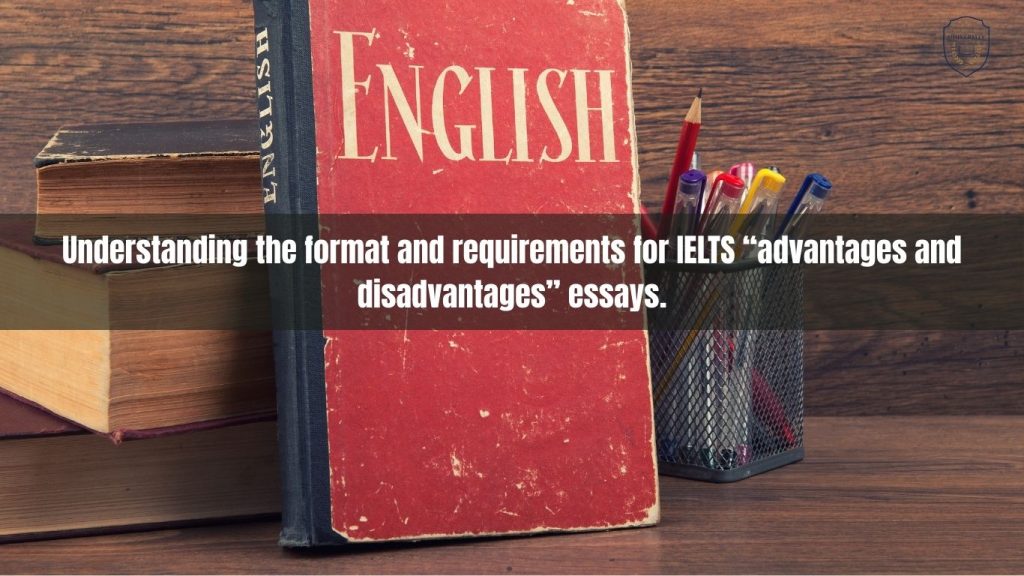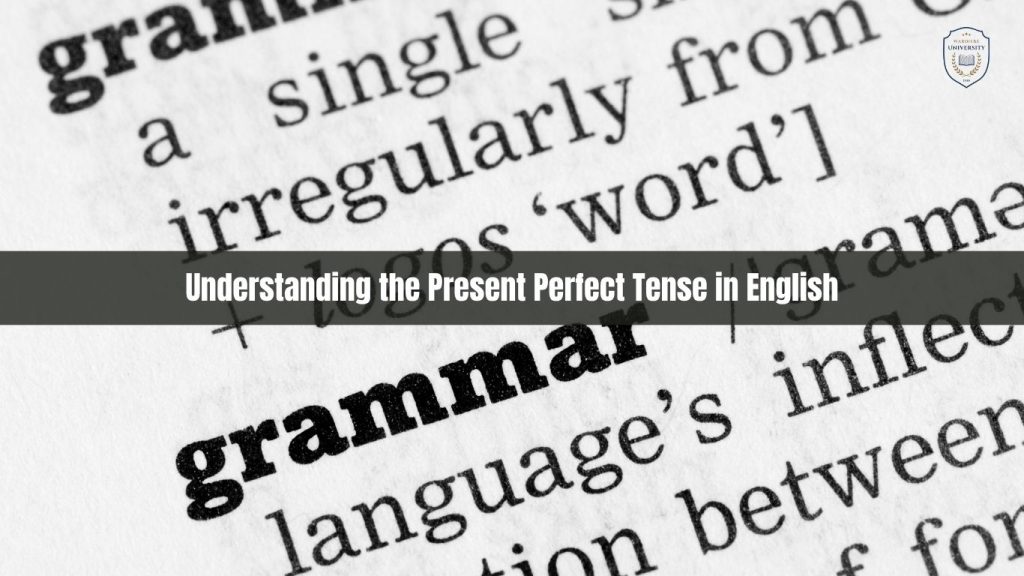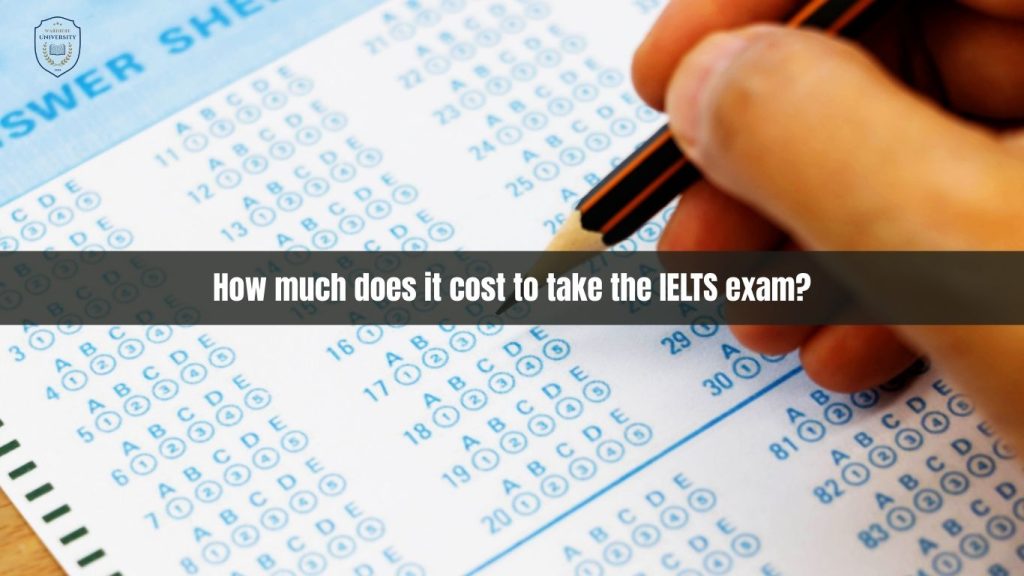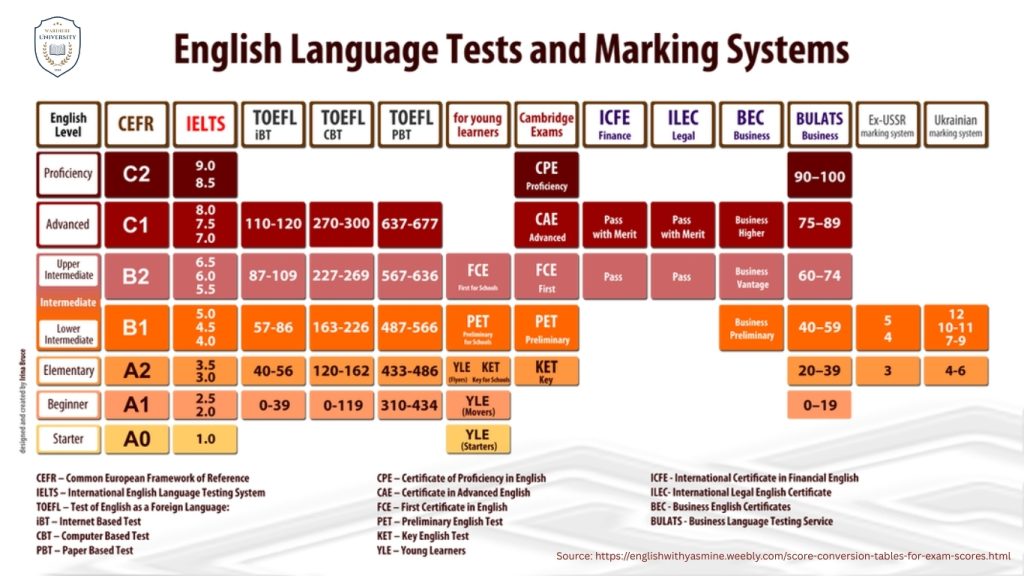When preparing for an IELTS “advantages and disadvantages” essay, effective structuring is key to obtaining a high score. Begin your essay with an introduction that presents the topic and offers a general overview of the trend or issue under discussion. Clearly articulate the essay’s purpose: to explore both the benefits and drawbacks linked to the […]
Irregular verbs are a distinctive and often perplexing component of English grammar that deviate from standard conjugation patterns. Unlike regular verbs that form their past tense by simply adding an “-ed” suffix, irregular verbs undergo various changes in their base form. For instance, “go” becomes “went” in the past tense and “gone” as the past […]
Linking verbs which are also called copular verbs function as vital elements in English grammar because they connect the subject of a sentence to its subject complement. Linking verbs differ from action verbs because they lack any form of action in their structure. These words function as essential connectors which provide extra details about the […]
Conditional sentences constitute a foundational element of English grammar, frequently employed to articulate hypothetical scenarios, logical implications, and cause-effect relationships. In both academic and professional discourse, these structures facilitate nuanced expression of possibility, probability, and consequence. Conditional constructions are categorized based on their syntactic form and semantic function, typically involving a protasis (the “if” clause) […]
The present continuous tense exists as a fundamental English grammar element which helps us describe ongoing activities that happen right now and in the immediate future. The present tense form of “to be” (am/is/are) combines with a present participle ending in -ing to create the structure which enables speakers to express real-time activities and temporary […]
The Present Perfect tense is a key grammatical structure in English that links past actions to their current relevance. Formed with “have” or “has” plus the past participle, it is used to express experiences, changes, achievements, and ongoing situations. Mastery of this tense helps learners narrate events naturally and effectively in both spoken and written […]
Mastering grammar for the IELTS is pivotal for securing a high band score.The IELTS functions as a standardized English proficiency assessment which measures candidates’ language skills across different communication situations. The candidates need to concentrate on three primary elements which include Grammatical Range and Accuracy and Cohesion and Coherence and Lexical Resource. A person shows […]
The International English Language Testing System (IELTS) is a standardized test designed to assess the English language proficiency of non-native speakers. It is an essential tool for those seeking to study, work, or migrate to English-speaking countries. The test is divided into four key components: Listening, Reading, Writing, and Speaking. Each section evaluates different aspects […]
The International English Language Testing System (IELTS) is a globally recognized English proficiency test designed for individuals seeking to study, work, or migrate to English-speaking countries. The cost of taking the IELTS exam can vary widely based on multiple factors, including the geographical location and specific test centers hosting the exam. As a standardized assessment, […]
The IELTS (International English Language Testing System) is a globally recognized assessment designed to evaluate the English language proficiency of non-native speakers, often for academic, immigration, or professional purposes. The test measures competence across four key language skills: Listening, Reading, Writing, and Speaking. The results are presented using a nine-band scale, which ranges from band […]
- 1
- 2


 Tiếng Việt
Tiếng Việt








